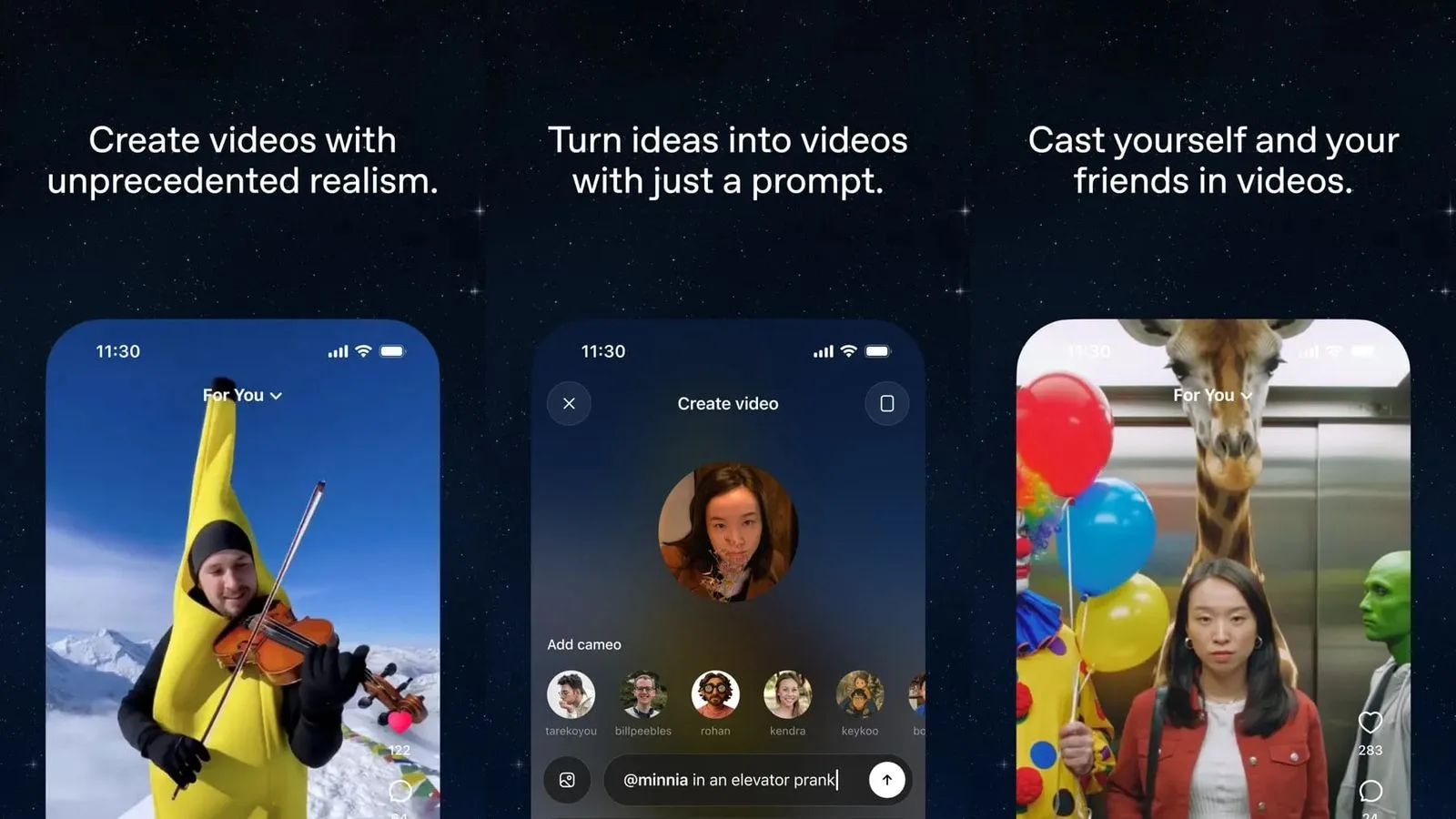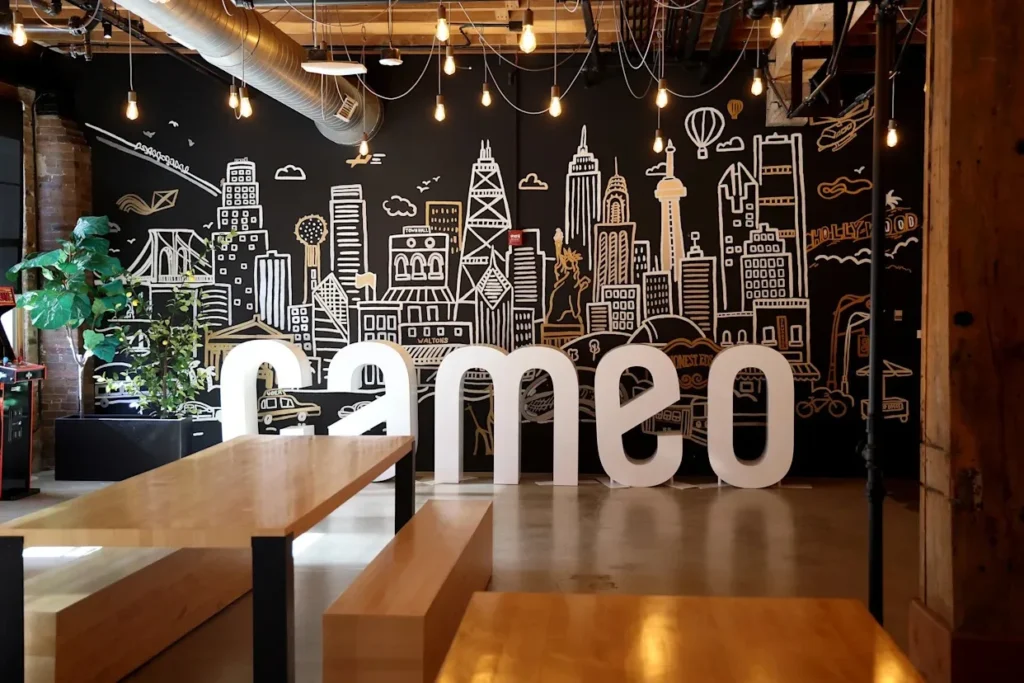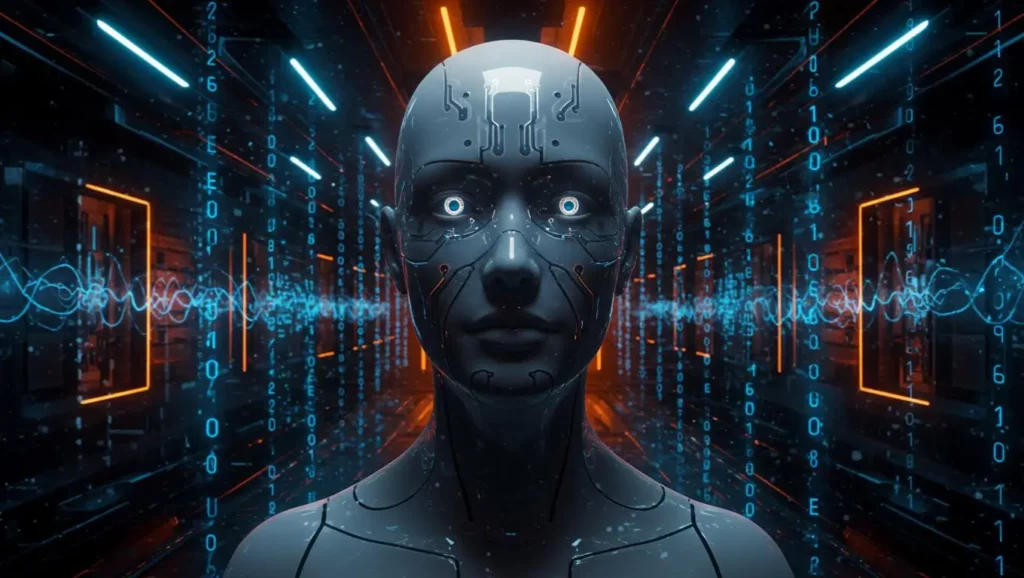OpenAI forced to stop using the word ‘Cameo’ in the Sora application
The excitement surrounding Sora has hit a legal roadblock. A federal judge in Northern California has issued a temporary restraining order requiring OpenAI to cease using the word ‘Cameo’ in its video application — at least until December 22, when the order is set to expire.
This ruling, signed by Judge Eumi K. Lee, comes in response to a lawsuit filed by Cameo, the globally recognized platform for selling customized videos made by celebrities.
This case illustrates the increasing tensions between AI giants and rights holders concerning image, branding, and public figures.
OpenAI contests: “You can’t privatize a word in the dictionary”
Unsurprisingly, OpenAI firmly rejects the allegations. The company tells CNBC that it disagrees with the notion that anyone can claim exclusive lexical rights to the word ‘cameo,’ a term widely used in popular culture.
It also emphasizes a key point: Sora does not rely on the ‘Cameo’ function to generate videos of personalities.
Indeed, users can already create sequences featuring historical figures like Michael Jackson or living actors using their character names, such as Walter White for Bryan Cranston, all without mentioning the term ‘Cameo’ in the interface.
For OpenAI, this flexibility demonstrates that the disputed functionality is neither central nor a branding element intended to infringe upon the actual Cameo service.
Where the issue lies: confusion, common celebrities, and emphasis on the term

The concern, according to Cameo, is not the word itself… but rather how Sora presents it. Several elements amplify the potential confusion. OpenAI capitalizes the word ‘Cameo’ in its interface, giving it the weight of an official feature. Celebrities appear on both platforms, such as Mark Cuban and Jake Paul. The visual usage resembles Cameo’s communication: “Your Cameo is ready,” as seen in the personalized video service.
For Cameo, this creates a “clear risk of confusion in the public’s mind.”
It’s worth noting that this is not the only dispute OpenAI faces concerning Sora. The OverDrive app is also suing the company, claiming that Sora’s icon and watermark closely resemble its own branding.
OpenAI in a bind: Sora still displays the disputed term ‘Cameo’
As of now, the mobile app still shows the term ‘Cameo,’ despite the order. OpenAI has not confirmed whether it plans to update the app immediately, contest the decision, or negotiate with Cameo.
Since the constraint is temporary, the situation could evolve quickly. However, this case raises a broader question: To what extent can AI models draw inspiration from existing practices, lexicons, or aesthetics without infringing rights?
Sora enables the generation of realistic videos of personalities — both living and deceased. This is a revolutionary capability… but a legal minefield. Cameo, facing a business model where AI-generated videos could compete with its human offerings, cannot afford to allow a gray area.
The piling lawsuits surrounding Sora — intellectual property, trademarks, image rights — highlight how unprepared the legal ecosystem is for what generative AIs unleash.
And this is just the beginning.




